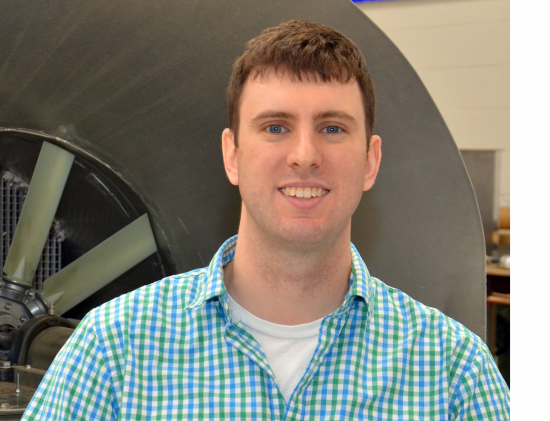Control Seminar
Experimentally Fusing Control System and Plant Design Optimization to Generate Electricity in the Air
Add to Google Calendar

In a multitude of actively controlled systems, the optimal control design depends on the plant and vice versa. Optimizing both designs in the presence of coupling, termed co-design, has been extensively studied in the presence of well-defined numerical models. However, considerably less research has focused on co-design applications where experiments are used in addition to or in place of numerical models. In this talk, we will introduce a novel co-design formulation that fuses expensive but accurate experiments with cheap but less accurate simulations, along with a nested experimental co-design formulation that leverages the ability to adapt control parameters during experiments. Results will be presented for an airborne wind energy application, wherein conventional towers are replaced with tethers and a lifting body, enabling high-altitude operation but introducing considerable flight dynamics and control challenges. We will show how experimental results have been fused with numerical models using a lab-scale, closed-loop experimental setup (which has its original roots as a passive system the University of Michigan and has been redesigned for closed-loop control at the University of North Carolina at Charlotte), wherein dynamically-scaled models of airborne wind energy system lifting bodies are 3D printed, tethered, and flown in a water channel environment.
Chris Vermillion received his Ph.D. in Electrical Engineering from the University of Michigan in 2009 and received his undergraduate degrees in Aerospace and Mechanical Engineering from the University of Michigan in 2004. Following his graduate work, Dr. Vermillion served as a Senior Engineer at Toyota, North America, and as a Lead Engineer for Altaeros Energies, an early-stage company that is pioneering tethered systems for high altitude wind energy and telecommunications. Dr. Vermillion is currently an Assistant Professor at UNC-Charlotte, where his research focuses on the dynamic characterization, design optimization, and optimal control of airborne wind energy systems, marine hydrokinetic energy systems, and energy-efficient connected and autonomous vehicles. Dr. Vermillion was the recipient of the National Science Foundation's CAREER Award in 2015, the UNC-Charlotte College of Engineering's John H. Maxheim Faculty Research Fellowship in 2016, and the College of Engineering Excellence in Teaching Award in 2017.
 MENU
MENU 
